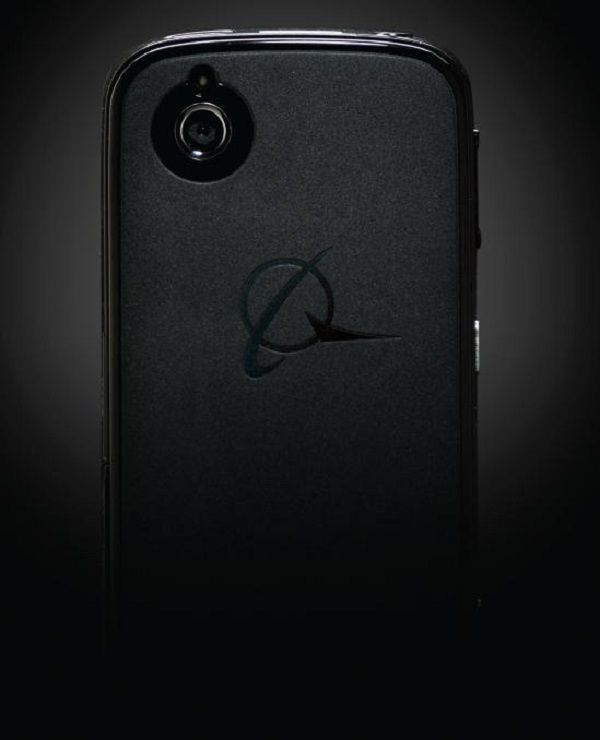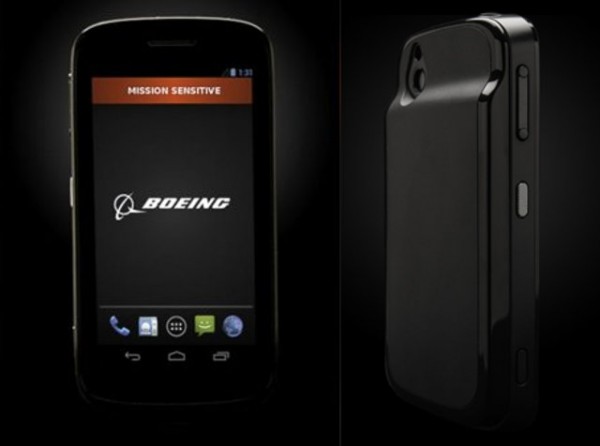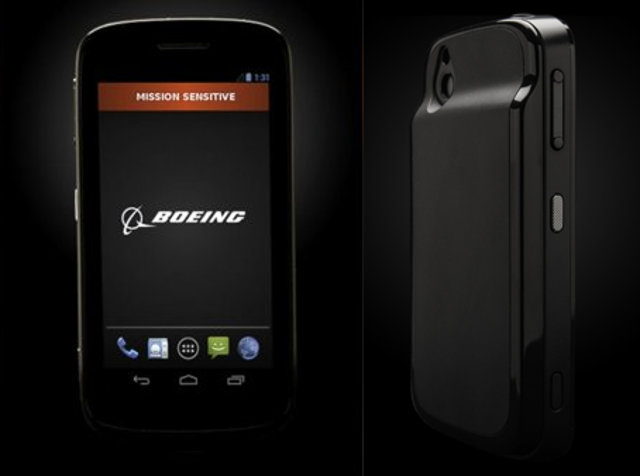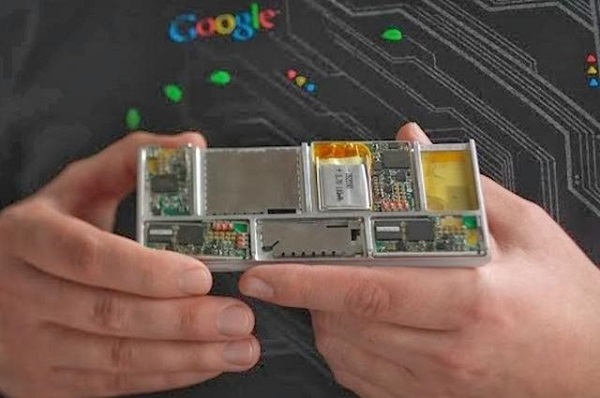FCC documents filled by the Chicago-based aircraft manufacturer suggest that Boeing locked its target on the smartphone market, more specifically on the paranoia-ridden privacy-focused niche of that market.
As one of the two main commercial aircraft makers (the other one being Airbus), Boeing must know one thing or two about hardware, engineering and security, right? The company wants to put all that to a test in a privacy focused smartphone called Boeing Black. This color (or rather non-color, but that’s debatable), while not new to smartphone manufacturers, seems to gain a new meaning. In other words, black smartphones are the equivalent of ninja fighters in terms of stealth presence, if you will. What made me say that? The newly launched PrivatOS Blackphone, of course! Boeing’s Black smartphone will also run Android, but it is currently unknown how much the OS will be customized by the manufacturer.

Besides being secure, Boeing Black is also modular, sign that the manufacturer didn’t take only privacy in consideration, but also the productivity of whoever is going to use this device. Until we get to see Google’s Project Ara (a modular phone supposed to cost $50) hit the market, any chance to change the looks and functionality of a smartphone by adding or removing modules should be appreciated.
The FCC documents include a description of how Boeing Black destructs itself: “The Boeing Black phone is manufactured as a sealed device both with epoxy around the casing and with screws, the heads of which are covered with tamper proof covering to identify attempted disassembly. Any attempt to break open the casing of the device would trigger functions that would delete the data and software contained within the device and make the device inoperable.”
In other words, this phone discourages disassembly and triggers data deletion not only when sensing unauthorized access within the software, but also when someone attempts to alter the hardware. In my opinion, this is a much better solution than a software smartphone kill switch, despite being similar in concept.
Since NSA is not the only governmental agency that listens in to the citizens, and USA is not the only country where such things happen, it’s great to see that more and more companies are concerned about the security and privacy of people.
Check the video located here to see some of the best selling points of the Boeing Black smartphone. The availability and price of this device are yet to be announced, but the initiative is definitely worth some applause.
Be social! Follow Walyou on Facebook and Twitter, and read more related stories about the smartphone kill switch that could become mandatory if the US Senate passes the law, and the PrivatOS Blackphone, another smartphone focusing on privacy.




